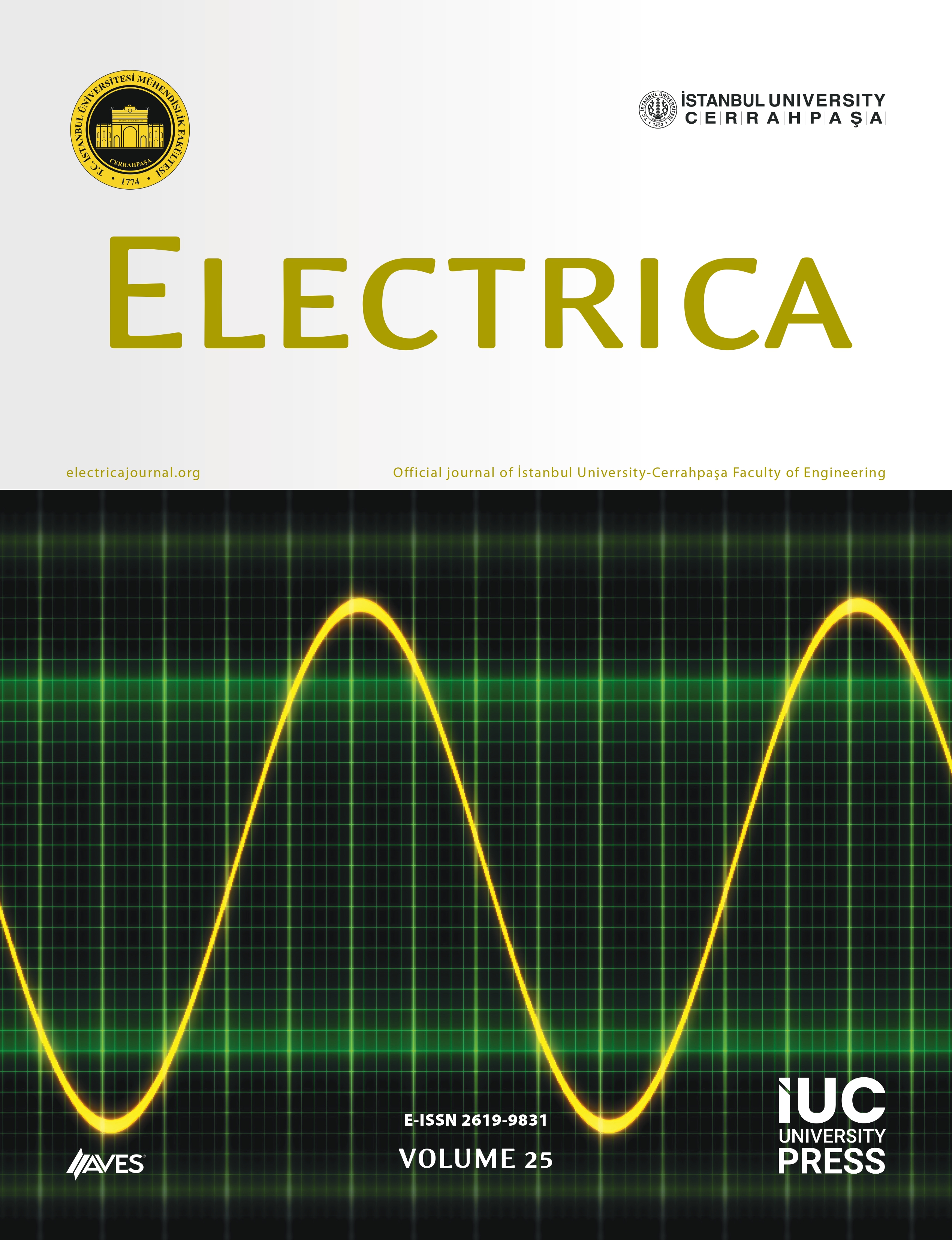As land-vehicles almost always moves on roads, most of vehicle tracking systems, projects the vehicle positions on digital road segments. Vehicle tracking systems generally use dead reckoning and global positioning system (GPS) in order to get geographical vehicle position information. These positioning technologies have limitations either in accuracy of the absolute position, accumulated error or availability. Because of the unknown GPS noise, the estimated vehicle positions have undesirable errors. These errors not only cause position uncertainty but also road ambiguity problems in some crossroads. In this paper in order to solve this problem, a genetic map-matching method is introduced, which uses a digital road map to correct the position error.



.png)

.png)